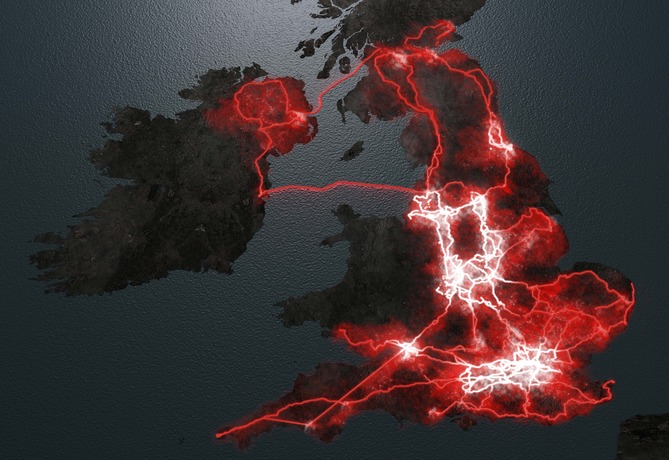Government Starts Work On 10Mbps Minimum Broadband Speed For UK

Government launches consultation into new 10Mbps universal service obligation for broadband, claiming its what consumers and businesses need
The Government has started a consultation into a proposed new universal service obligation (USO) for broadband that would allow anyone in the UK to demand speeds of at least 10Mbps.
Ministers, including Prime Minister David Cameron, have strongly suggested 10Mbps would be the new minimum standard and regulator Ofcom has also lent its support with the belief that broadband should be considered a utility equal in importance to gas, electricity and water.
In the consultation document, the Department for Culture, Media and Sport (DCMS) says that without access to faster speeds, many citizens will be unable to access the economic and social benefits afforded by the Internet, while small businesses will be unable to expand, compete with larger businesses and contribute to the wider economy.
New minimum speed
 “As the country continues to take great strides towards ever better connectivity, a broadband USO will help ensure that no-one is left behind – a digital safety net for all,” said Ed Vaizey, minister for the digital economy.
“As the country continues to take great strides towards ever better connectivity, a broadband USO will help ensure that no-one is left behind – a digital safety net for all,” said Ed Vaizey, minister for the digital economy.
“Although the market has been successful in delivering superfast connectivity to the majority, this has been supported by public funding, and even with this support there are still pockets of the country where decent connectivity is an aspiration rather than a reality.”
“Digital inclusion is a priority for this Government. We want to give everyone the opportunity to be able to have access to the enormous benefits that can be gained from getting online.”
The current USO only covers a telephone service, reasonable geographic access to public call boxes and directory enquiry services as well as “functional internet access”. No minimum speed is specified but a 2Mbps minimum standard has been implemented into the government’s broadband initiatives.
The government says everyone in the UK has access to 2Mbps at present, however it believes 10Mbps will be the minimum speed necessary in the short to medium term and will include provisions in the new legislation so it can be increased over time.
Constrained use
“Evidence suggests that in 2016 the digital needs of a typical household can be met with download speeds of 10Mbps,” the document says. “10Mbps enables full participation in our digital society – watching video on demand, listening to internet radio or streamed music, using social media, accessing Government services, shopping online and working from home.
“At lower speeds, Ofcom statistics suggest that people’s use of the internet is constrained.”
Even when commercial deployments of superfast broadband and government backed initiatives like Broadband Delivery UK (BDUK) are taken into account, DCMS estimates that up to one million premises will be unable to get 10Mbps – including 500,000 in rural areas and 100,000 in remote rural areas.
Technologically neutral
DCMS says additional phases of projects like BDUK would be financially inefficient and because the EU legislation covering USOs requires a technologically neutral approach, wireless and satellite providers could participate.
BT has already pledged to increase the minimum speed on the Openreach network to 10Mbps– using new technologies like long reach VDSL that boosts speeds on long copper lines and wireless to the cabinet. BT will also migrate some users off old ADSL1 technology onto ADSL2 and fibre.
The company is also managing a satellite broadband scheme that sees the government pay up to £350 for the installation of a dish and modem from a number of participating providers, with speeds ranging from the current 2Mbps USO to superfast broadband.
DCMS has commissioned Ofcom to inform the design of the new USO and will report back by the end of the year, after which the government will start work on the secondary legislation which will regulate speed.
What do you know about fibre broadband? Try our quiz!